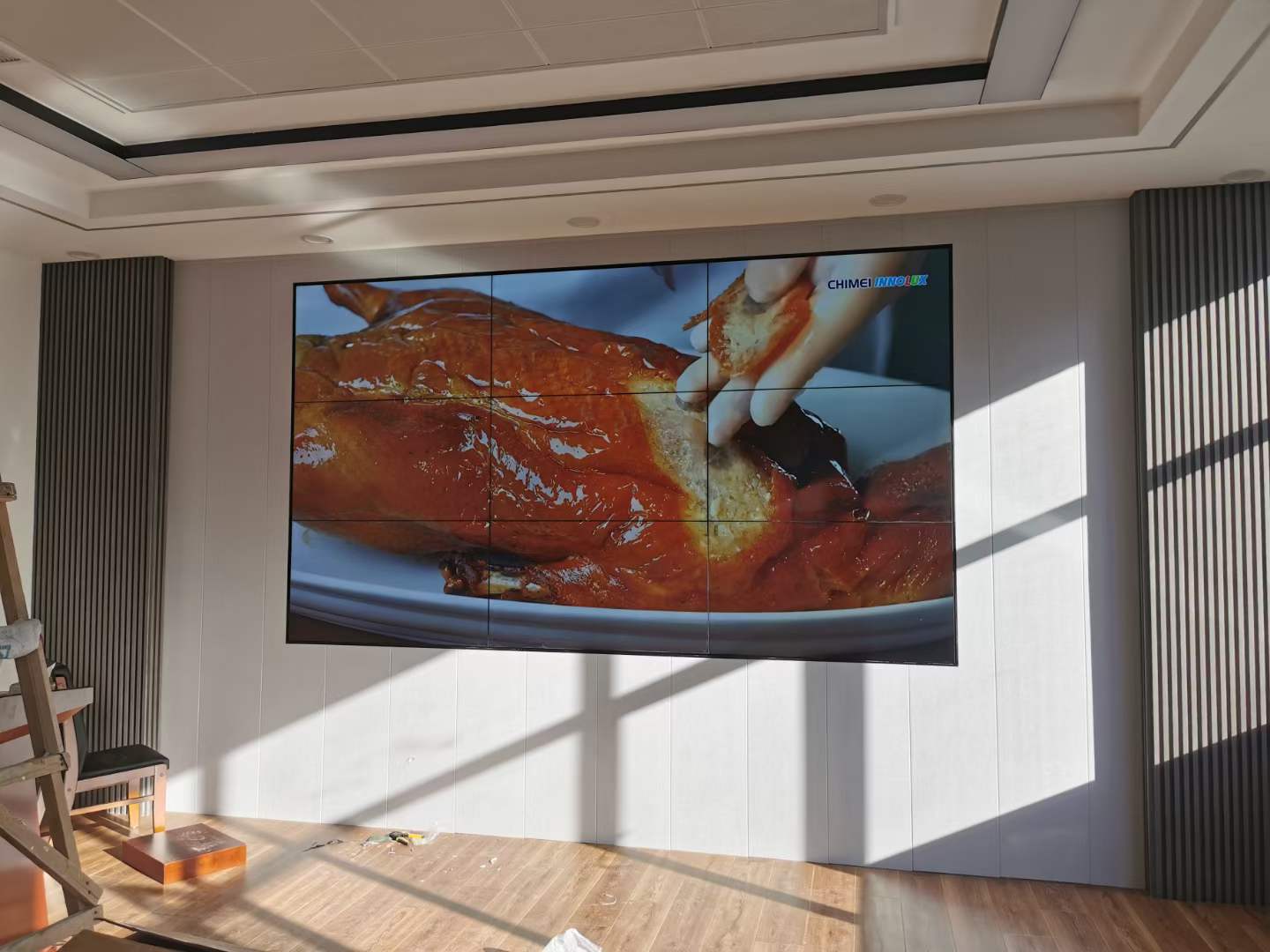Application scenarios for splicing screens
Application Scenarios for Splicing Screens
1. Conference room
Conference rooms are one of the main application scenarios for video wall. In conference rooms, splicing screens can be used to display meeting agendas, presentation materials, video conferencing, etc. The splicing screen can splice multiple screens together to form a large screen, so that participants can see the presentation content more clearly and improve meeting efficiency.
2. Exhibition Hall
Exhibition halls are another major application scenario for splicing screens. In exhibition halls, splicing screens can be used to display exhibit information, introduce exhibition themes, play promotional videos, etc. The splicing screen can splice multiple screens together to form a large screen, so that the audience can see the exhibit information more clearly and improve the exhibition effect.
3. Billboard
Billboards are another major application scenario for splicing screens. In billboards, splicing screens can be used to play advertisements, promotional videos, brand introductions, etc. Splicing screens can splice multiple screens together to form a large screen, making the advertising effect more prominent and attracting more consumers.
4. TV wall
Video walls are another major application scenario for splicing screens. In the video wall, the splicing screen can be used to play TV programs, sports games, news reports, etc. The splicing screen can splice multiple screens together to form a large screen, allowing the audience to see the program content more clearly and improving the viewing experience.
5. Education and training
Education and training is another application scenario for splicing screens. In education and training, splicing screens can be used to play teaching videos, demonstrate courseware, display experimental results, etc. The splicing screen can splice multiple screens together to form a large screen, so that students can see the teaching content more clearly and improve the learning effect.

